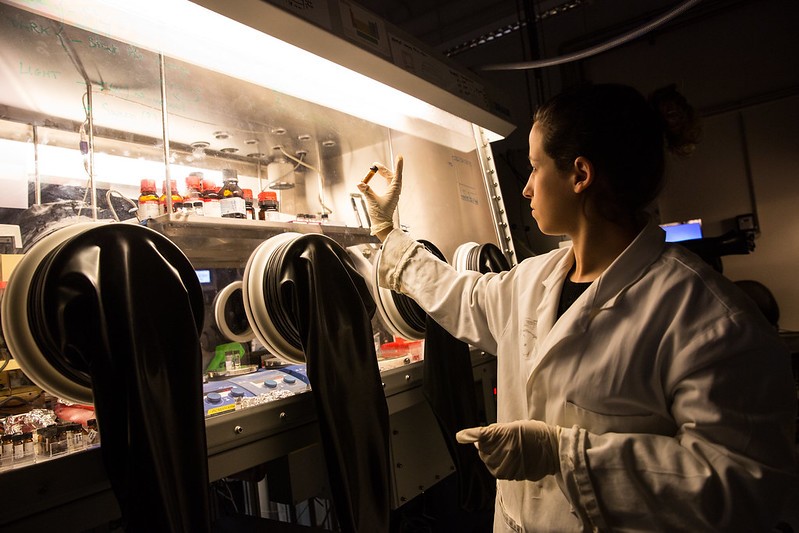- Home
- Department of Chemistry
- Research Areas
- Electrochemistry and Energy
- E-fuels and Solar-fuels From Waste and Biomass
E-fuels and Solar-fuels from waste and biomass
Synthetic electrofuels represent a promising avenue in sustainable energy technology. These synthetic fuels are produced by using renewable electricity to convert carbon dioxide and water into energy carriers such as hydrogen or methane. Solar fuels, which specifically use solar energy for the conversion process, are a subset of e-fuels. By employing advanced electrochemical and catalytic techniques, these technologies aim to store solar energy in chemical form, offering a potential solution to energy storage problems and enabling a cleaner, more sustainable energy landscape. The department's research in this field focuses on the valorization of atmospheric and biomass wastes (wood, food waste) to produce high value-added chemical and/or energy products. These subjects are worked on and financed in conjunction with the E4C center and the Ecole polytechnique foundation.
1. Conversion of aqueous CO2 from the Ecole Polytechnique lake into synthetic fuel
2. Photo-conversion of oils into hydrocarbons
3. Electrochemical conversion of CO into high-value-added molecules
4. Photoreforming of alcoholic residues for hydrogen production
5. Photochemical cross-coupling of carboxylic acids
6. Electrochemical depolymerization of lignin
7. Conversion of plastics into low molecular weight carboxylic acids
8. Catalytic reduction of oxygenated aromatics from biomass using abundant metals

Faculty contacts
| Audrey Auffrant (subject 8) | Grégory Danoun (subjects 2, 4 et 5) |
| Grégory Nocton (subject 7) | Thomas Simler (subject 3) |
| Cédric Tard (subjects 1 et 6) |
 Support l'X
Support l'X